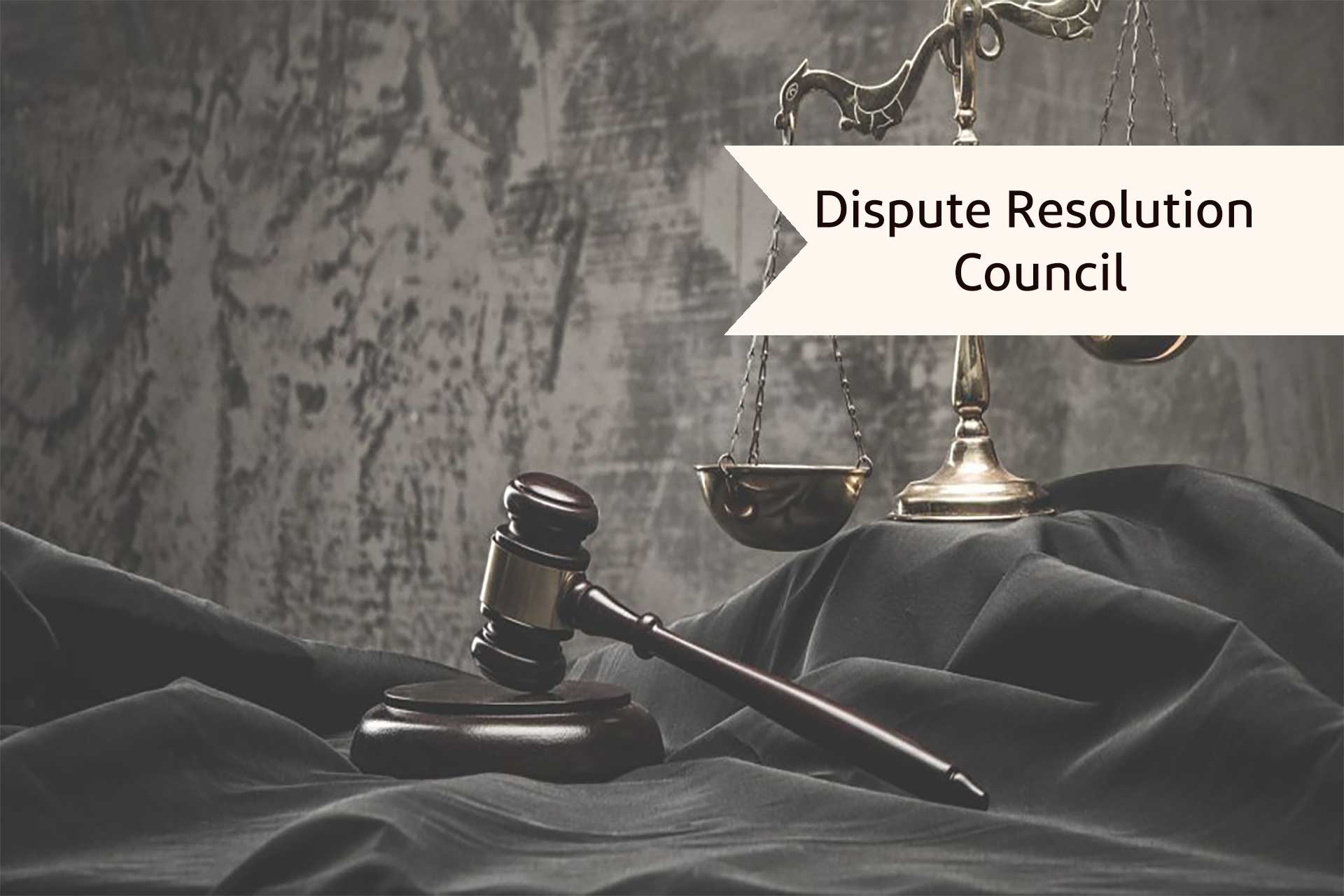What is a Dispute Resolution Council and in what cases should you refer to a Dispute Resolution Council?
Dispute Resolution Council is one of the institutions that operates under the supervision of the Iranian judiciary. And now, with the merger of the Arbitration Center, it has been renamed the Dispute Resolution Development Center of the country
In what cases should you refer to the Dispute Resolution Council:
- Financial claims regarding movable property up to the quorum of two hundred million Rials, except for the cases that are raised in the court on the date of entry into force of this law.
- All lawsuits related to eviction of the same tenant except lawsuits related to goodwill and business rights
- Rent adjustment claims (provided there is no dispute over the tenancy)
- Issuance of inheritance monopoly certificate, writing the will, sealing the will and removing it
- Defendant’s request for payment of the sentence if the council has considered the substance of the case
- Family lawsuits regarding dowry, dowry and alimony up to the quorum stipulated in the first paragraph, if they are not subject to Article (29) of the Family Protection Law approved in 2012
- Lawsuit
- Punitive crimes that are only subject to the punishment of eighth degree fines
It should be noted that the council can never order flogging and imprisonment.
There are cases that even with the agreement of the parties cannot be proposed in the council. These include:
- Differences in the principle of marriage, the principle of divorce, dissolution of marriage, recourse, lineage
- Disputes in the principle of endowment, will, guardianship
- Litigation and bankruptcy lawsuits
- Litigation of Public and government property
- Matters that fall under the jurisdiction of specialized or non-judicial authorities under other laws
Other duties of the council include taking the necessary measures to protect the property of minors, insane and immature persons who do not have a guardian, as well as missing persons, as well as the identity of a person who has died but has no heirs and the property is unknown.
 English
English
 فارسی
فارسی 



